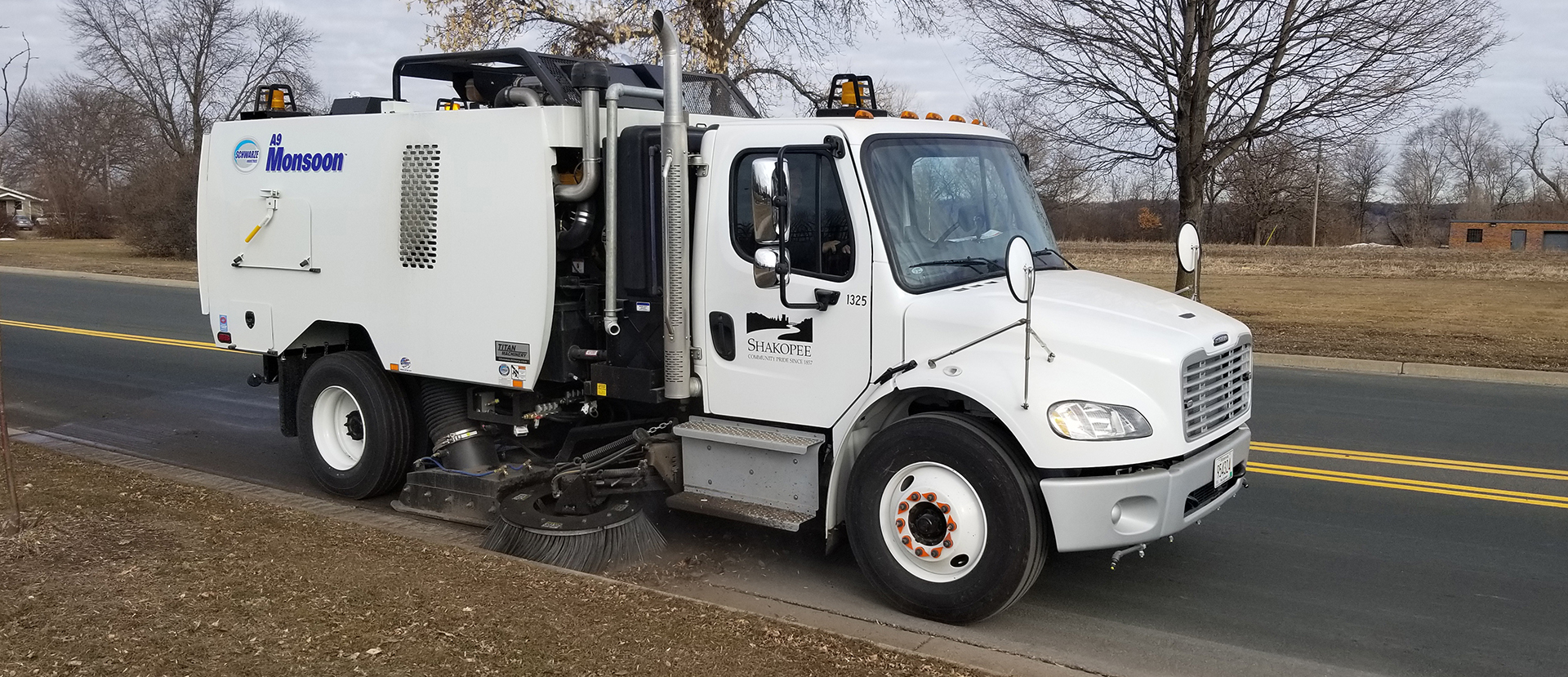Are You Aware of the Cost Benefits of Street Sweeping?
Street sweeping is a common practice in many urban areas to remove trash, sediment, and debris from the roads and improve the aesthetics of the city. But street sweeping can also significantly benefit stormwater management and water quality.
Stormwater runoff is one of the major sources of pollution in our waterways, carrying contaminants such as sediment, nutrients, metals, bacteria, and trash from the streets into the storm drains and eventually into the rivers, lakes, and oceans. These pollutants can harm aquatic life, degrade habitats, impair recreational uses, and pose health risks to humans and animals.
Street sweeping can help reduce the amount of pollutants in stormwater runoff by removing them from the source before they are washed away by rain or snow. According to a study by the Minnesota Pollution Control Agency (MPCA), street sweeping can remove up to 98% of the dirt, debris, and other pollutants that can cause damage to pavement and water quality. Street sweeping can also remove deicing materials, sand, and grit accumulating on the roads during winter, reducing the pollutant load during spring snowmelt.
Street sweeping is not only practical but also cost-efficient. It is one of the most affordable options compared to other sediment reduction best management practices (BMPs). Street sweeping can also save maintenance and repair costs for pavement by preventing cracks, potholes, and deterioration caused by dirt and debris. Moreover, street sweeping can increase the efficiency of other stormwater BMPs, such as catch basins, storm drains, infiltration basins, and wetlands, by reducing the sediment load that can clog or impair their function.
Regenerative air sweepers are generally considered the most effective for stormwater management with regard to fine particulate pickup and containment. A case study by the city of Shoreview, Minnesota, showed that upgrading current mechanical sweepers to regenerative air sweepers would increase cost-efficiency by 24%, increase load recovery of solids by 47%, and increase phosphorus recovery by 37% while only increasing total costs by 4%.
Schwarze offers a wide range of regenerative air sweepers to meet your specific goals:
- The non-CDL A4 Storm for downtown, parking areas, and alleys with 76” dump height to roll-off dumpsters.
- Our most popular A7 Tornado is great for any municipality and includes catch basin cleaning options.
- The A8 Twister is our high-dump version of the A7. Eliminate a trip to the landfill.
- The large capacity A9 Monsoon is great for Fall leaf and pine needle season.
Street sweeping can be a valuable tool for reducing pollutant loadings, saving maintenance costs, enhancing aesthetic appeal, and complying with regulatory requirements. However, street sweeping should be tailored to each municipality’s specific needs and conditions, considering factors such as sweeper type, frequency, schedule, area of concern, tracking, and reporting. By doing so, stormwater managers can optimize the performance and benefits of street sweeping for their communities.
Interested in Construction Sweeping? Click Here.
|
|
Watch these short videos to learn more about non-structural best management practices that can serve your entire community.
The city of Marietta, Ohio puts a focus on reducing the sediment and debris that enter its waterways.
How the town of Okotoks uses a combination of street sweeping and catch basin cleaning.
